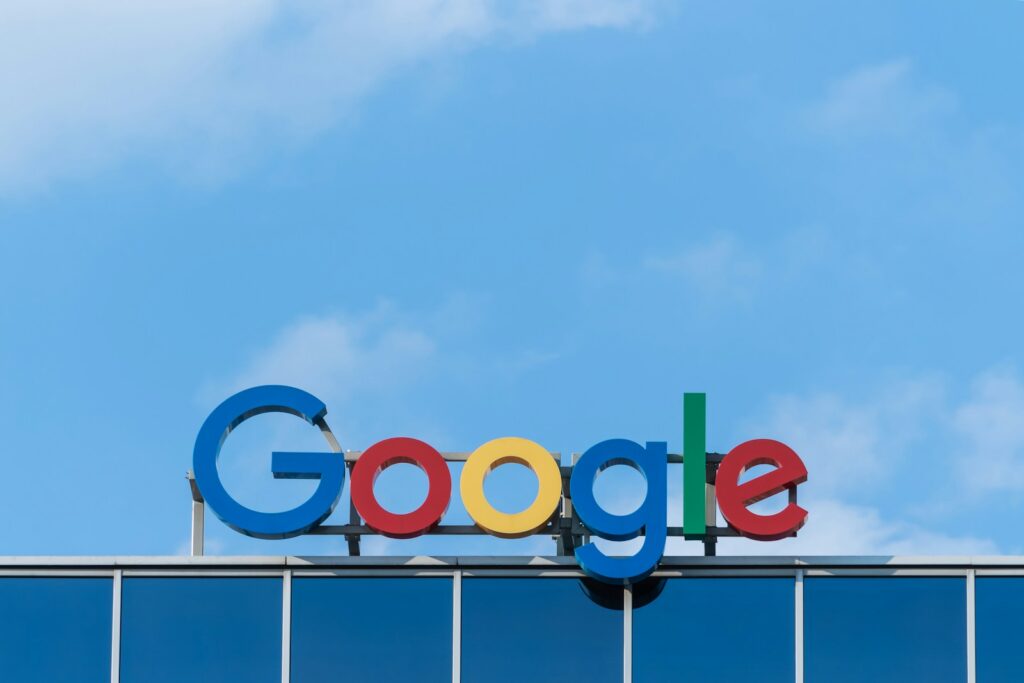
AI Startup Makes Unsolicited $34.5 Billion Offer
In a bold maneuver highlighting the ambitions of artificial intelligence startups, Perplexity, an AI search firm, has made an unsolicited offer to acquire Google’s Chrome web browser for $34.5 billion. The bid, submitted on August 12, comes as a U.S. District Court ruling looms that could require Google to divest Chrome as part of antitrust remedies. This move underscores a pivotal moment in the internet’s competitive landscape, where AI is reshaping established monopolies and user access points.
Perplexity, valued at an estimated $18 billion, highlights the mounting pressure on Google over its dominant search market position. This follows U.S. District Judge Amit Mehta’s previous ruling that Google violated antitrust laws. In April, the judge noted that Google “willfully engaged in a series of anticompetitive acts” to maintain its monopoly, citing exclusive distribution agreements and “supracompetitive prices” that encouraged “anticompetitive behavior.”
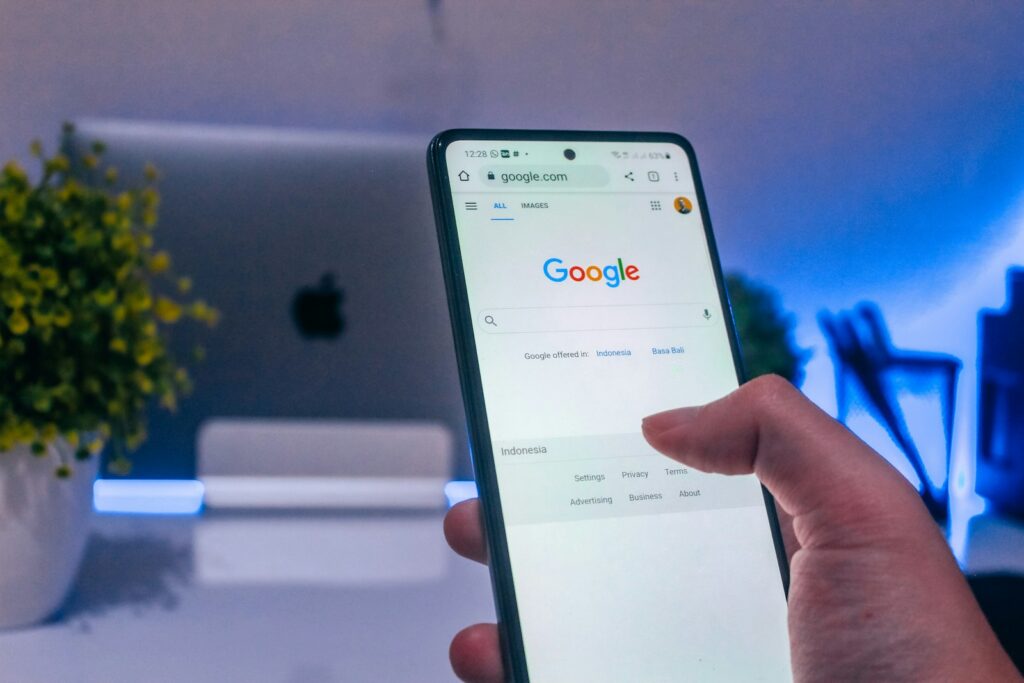
Government Pushes Structural Remedies
The U.S. Justice Department has advocated for structural changes to Google, urging the court to mandate the sale of Chrome. Prosecutors argue that divesting Chrome and sharing search results with competitors would foster more competition. With Google controlling roughly 90 percent of the search market, officials contend that this monopoly cannot be effectively addressed without decisive action. David Dahlquist, the government’s lead litigator, emphasized that remedies should be forward-looking, warning that Google is applying strategies used in search to its AI technology, Gemini.
Google, however, strongly opposes divestiture, proposing smaller adjustments instead. Alphabet CEO Sundar Pichai testified that a forced sale would significantly “harm consumers, developers and American technological leadership at precisely the moment it is most needed,” and could jeopardize innovation, user privacy, and cybersecurity.
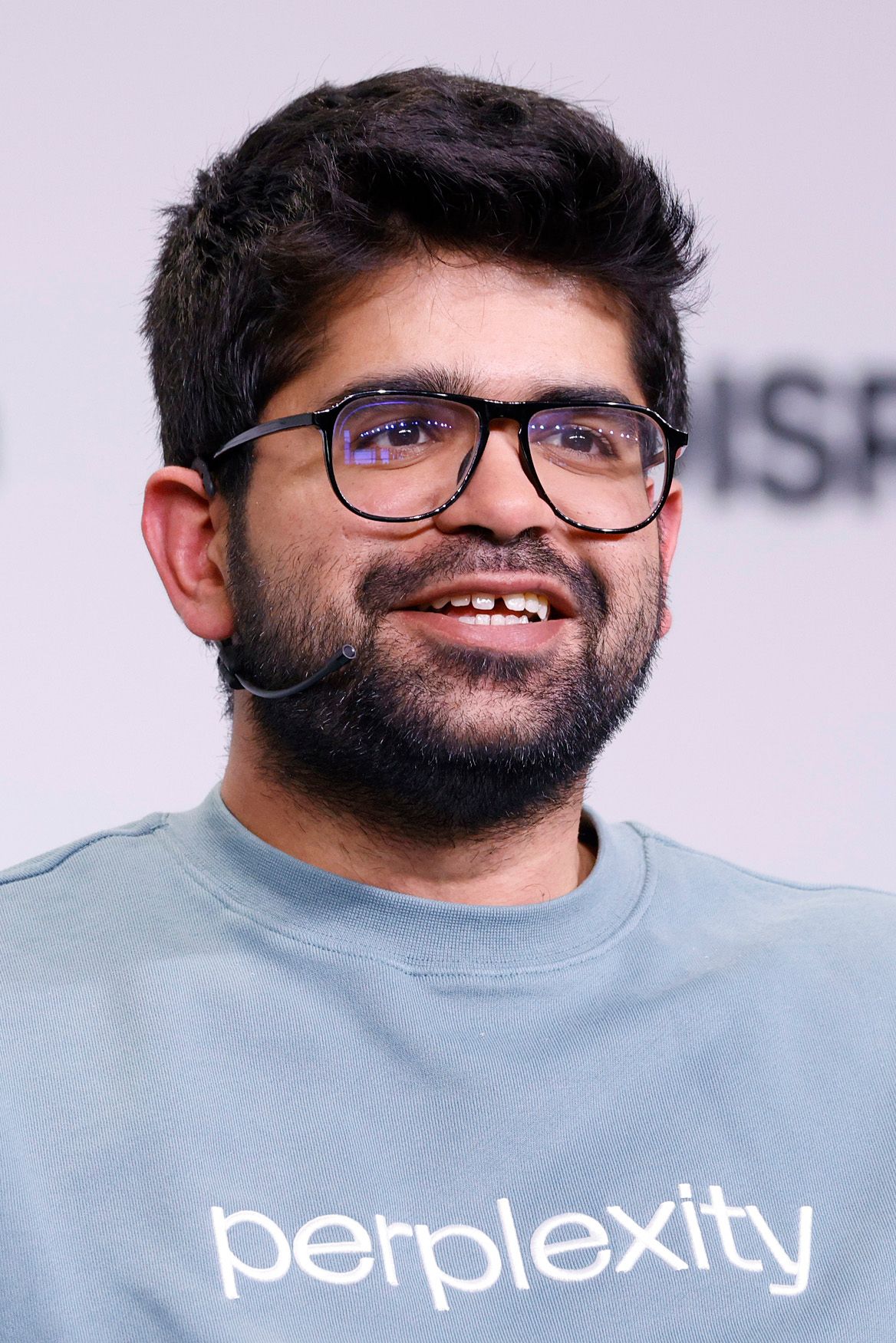
Strategic Intent Behind Perplexity’s Bid
Perplexity CEO Aravind Srinivas explained in a letter to Sundar Pichai that the offer aims to “satisfy an antitrust remedy in highest public interest by placing Chrome with a capable, independent operator.” Analysts view the bid as indicative of a broader trend in which AI startups challenge traditional tech incumbents, leveraging AI’s potential to transform online interactions.
From Perplexity’s perspective, acquiring Chrome offers strategic advantages in AI search. Rowan Stone, CEO of AI training firm Sapien, noted that the acquisition would give Perplexity “the front door to the internet” and access to “web-scale behavioral data” crucial for training its AI engine, while providing a “built-in runway” for mass adoption of its AI-powered search.
Competitive Advantage and Industry Impact
Owning Chrome would also give Perplexity an edge over rival AI search firms, which currently compete through applications and software add-ons. Stone highlighted that Perplexity could integrate monetization models and AI systems directly into the browsing experience, suggesting that “If the deal closes, it could reset the competitive race overnight,” reflecting the potential industry-wide impact.
Founded in 2022 by AI researchers including Srinivas, Perplexity has rapidly grown from a relatively unknown startup to a high-profile competitor, attracting investment from Nvidia, SoftBank, and Jeff Bezos. Its core product functions as a real-time AI search engine providing concise responses with citations, competing with both traditional search engines and AI assistants like ChatGPT and Claude.

Comet Browser and AI Integration
To bolster adoption of its AI search engine, Perplexity launched Comet in July, a browser designed for personalized experiences. Comet can summarize web pages, manage tabs, answer questions, and automate tasks such as scheduling and online shopping. Srinivas has described Comet as a “cognitive operating system,” reflecting Perplexity’s vision for an integrated AI-driven browsing experience combining local and cloud-based models.
In its offer to Google, Perplexity promised to maintain existing browsing preferences, keep Google as the default search engine, allow easy switching, and provide Chrome support for 100 months. The company also pledged $3 billion in investments into Chromium, the open-source base of Chrome, over 24 months to ensure continued innovation and user choice.
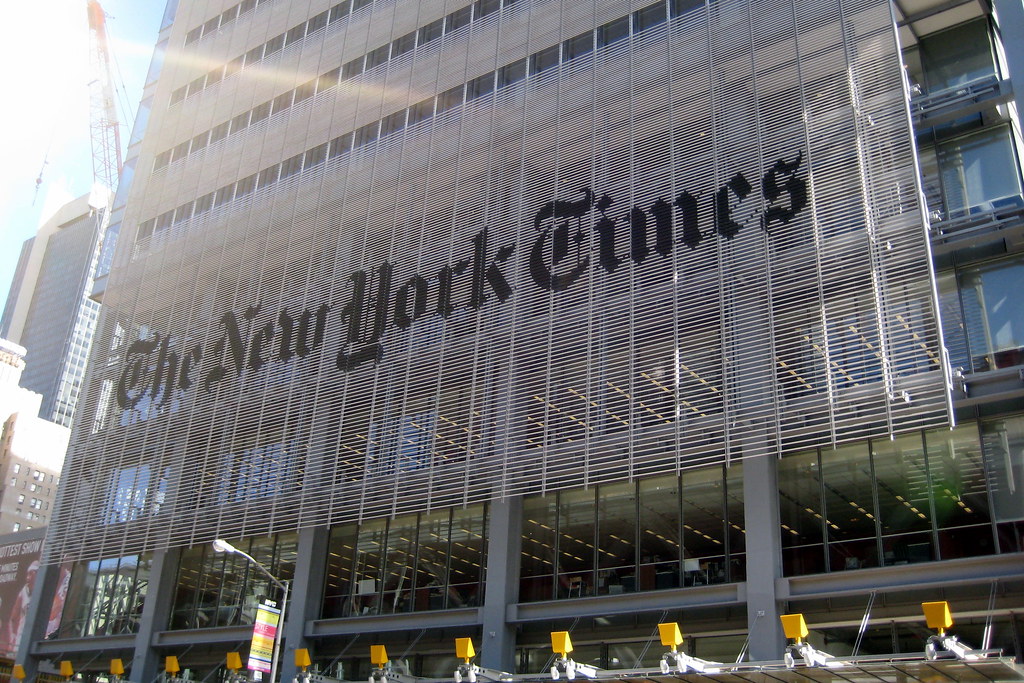
Controversies and Market Position
Perplexity has faced scrutiny for using third-party content to train its AI, including legal letters from The New York Times and the BBC. The company defended its practices, linking concerns to Google’s monopoly rather than its own operations.
Chrome remains a strategic asset, connecting users to Google Search and fueling the company’s $2 trillion advertising business. With an estimated three billion users worldwide, Chrome holds 51.4% of the U.S. search browser market, surpassing Apple’s Safari (36.2%) and Microsoft Edge (7.4%). Analysts estimate Chrome’s market value between $20 billion and $50 billion, with Perplexity’s $34.5 billion bid falling within this range.
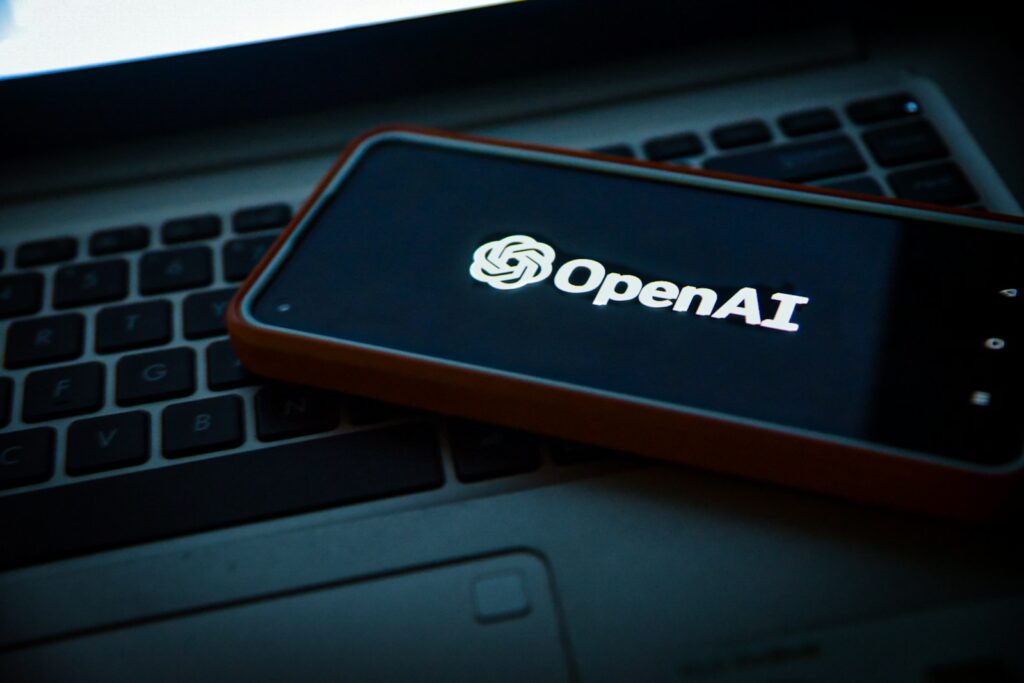
Broader Interest and Legal Challenges
Other tech firms, including OpenAI and Yahoo, have expressed interest in acquiring Chrome if divested. Despite the interest, Google is unlikely to sell voluntarily. Legal experts suggest that a final ruling could be delayed for years due to appeals, highlighting the long-shot nature of Perplexity’s unsolicited bid.
As the court prepares its ruling, Perplexity’s bid emphasizes the stakes in antitrust enforcement and the competitive race in AI. The outcome could reshape internet access, data control, and the architecture of AI-powered web services, influencing how users interact with information and how technological dominance is regulated in the digital economy.




